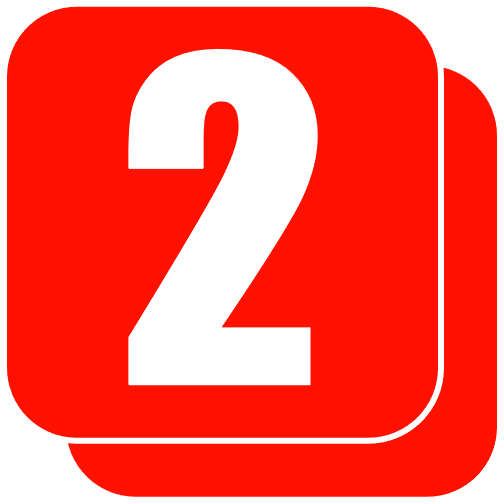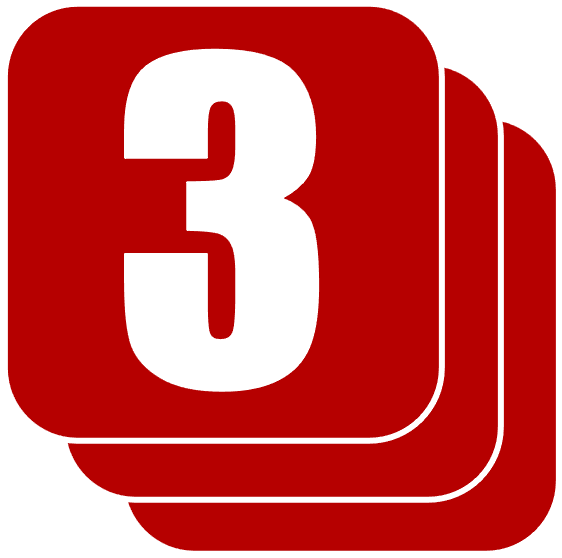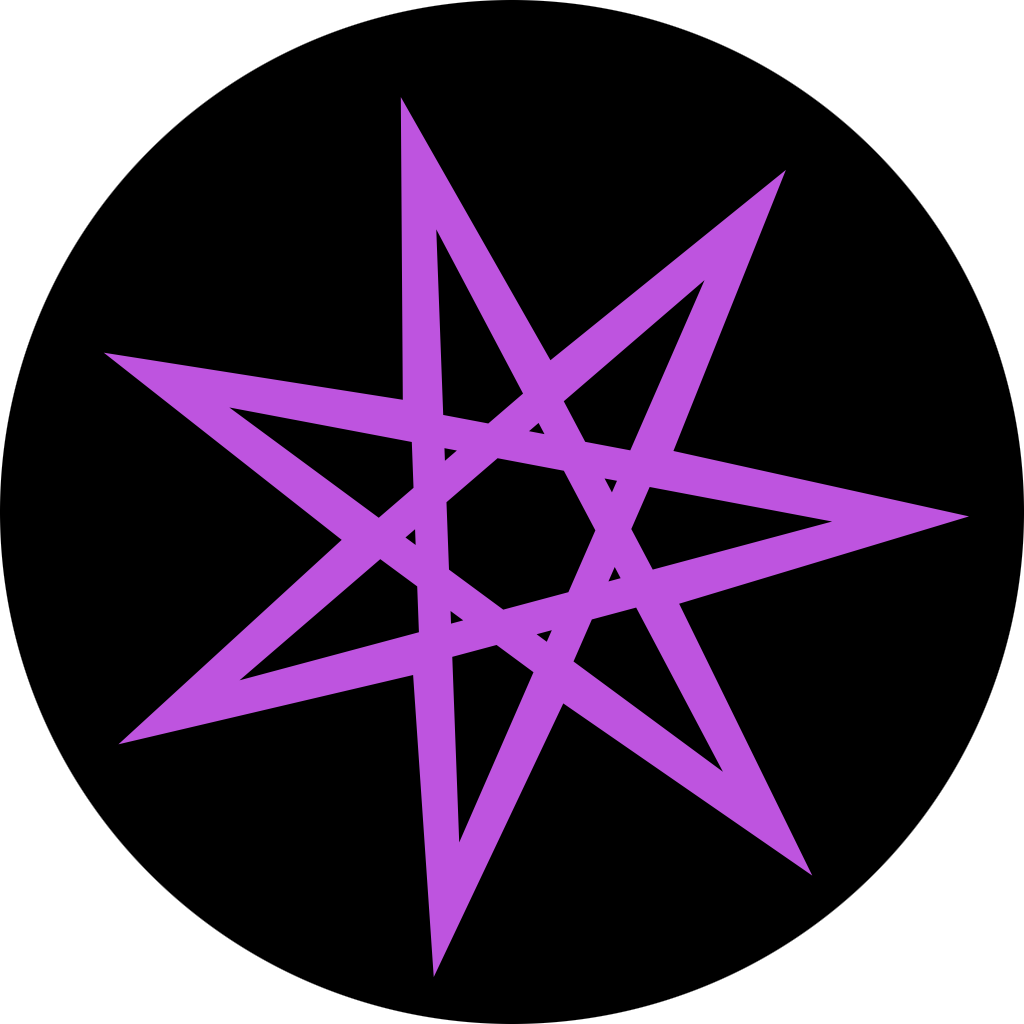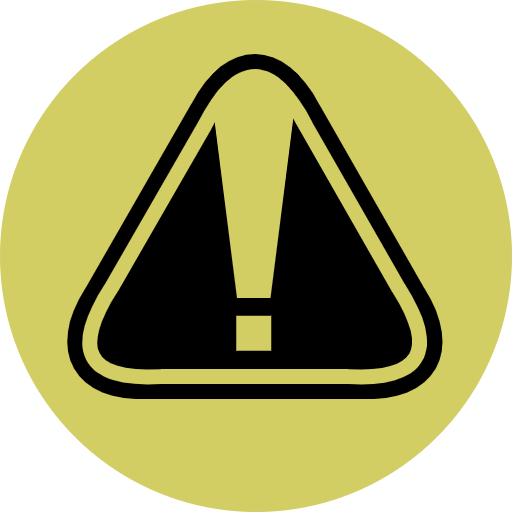

Spellcasting is the simplest form of magic and the gateway to other types of advanced magic. Still, magic is still being practiced and documented in the New Era, so even the strongest of spellcasters occasionally make mistakes.
More Info: Learning Spells
Learning a spell requires studying its Tolgethic Script while in a Semi-Conscious, state, as the ancient text that encodes spells and enchantments can only be properly interpreted by the subconscious. This will undoubtedly be difficult the first time you attempt it. Doing so successfully is known as Unlocking your magical abilities.
More Info: Caster Level
Your Caster Level is a special skill that represents your overall knowledge of magic. It's determined by your level and your Class Table, but a creature that hasn't successfully learned and cast a spell yet always has a caster level of 0. It's used as a modifier for all spellcasting skill checks.
More Info: Energy
All living creatures have an amount of magical energy in their bodies, even if they haven't learned to tap into it. This energy serves as the source of your magical powers and is consumed as you cast spells. When it runs out, you won't be able to cast any more spells and may suffer damage in the form of magical exhaustion. Your energy replenishes by Resting.
Spells are categorized into six Forms of Magic, which are further subdivided into the diffrent Schools of Magic - eighteen in total. Each form of magic deals with spells that manipulate a different aspect of reality, and each school of magic deals with spells that apply its respective form in different ways to achieve unique results. Sometimes, multiple schools of magic can achieve the same effect with their spells, but do so in very different ways.
Spells are also categorized by their Casting Type, which determines their complexity and the time required to perform them.
| Type | Description | Handedness | |
|---|---|---|---|
 |
Quick | Quick spells take one frame to cast, and can be cast as reactions. | One-handed |
 |
Spell (Standard) | Standard spells take two frames to cast. This is the most common type. | One-handed |
 |
Channeled | A Channeled spell must be channeled for three frames before casting, plus a full round of unbroken concentration. | Two-handed |
 |
Cantrip | A Cantrip is a spell performed as part of another action. | Asomatic |
 |
Sustained | A Sustained spell can be continuously cast for an ongoing effect every round. They take one frame to begin casting. | One-handed |
 |
Long | Long spells are more powerful spells that take a longer amount of time and require additional materials, such as alchemy ingredients. | Two-handed |
 |
Enchantment | A spell that provides a lasting effect on an object. They require aetherium as a source of energy for their long-term effects. | Two-handed; requires aetherium diffuser and may include material components |
 |
Ritual | A Ritual is a long and exceptionally powerful spell that requires multiple spellcasters to combine their abilities. | Two-handed for all participants; may include material components |
To cast a spell you know, make a skill check against one of your six magical skills based on the form of magic that the spell falls under:
Each spell has a different Energy Cost. You must have at least 1 point of energy in order to attempt a spell. If a spell you cast consumes more energy than you have, you suffer from magical exhaustion. You lose energy equal to the spell's energy cost as soon as you begin casting it - if your spell fails, the energy is still consumed.
Some spells require a Spellcasting skill check to determine whether you can successfully cast the spell. The difficulty of doing so depends on the level of the spell relative to your current skill level in the form of magic the spell falls under.
If your spell skill level meets or exceeds the spell's level, you automatically succeed at casting the spell. If the spell's level is greater than your skill level, you must succeed on a Cast Spell check. The difficulty is 10 if the spell is one level higher than your current skill level, plus 5 for every additional level above your skill level.
Spells with the Projectile keyword require a Spell Attack check to determine whether the spell hits its target, regardless of its level. This check is rolled against the target's passive agility just like any melee or ranged attack, or the result of another check if the target reacts by dodging or blocking the attack.
When casting a projectile spell above your skill level, the spell attack check must exceed not only the target's agility, but the casting difficulty as well.
If a spell calls for a save as part of its effects, the difficulty of the save is determined by the spell itself and often increases with amplification. If the save is contested, the outcome of your Spellcasting skill check is the difficulty of the save the target must make.
More Info: Amplification
It's possible to heighten a spell's effects by amplifying it. When you cast a spell, you can choose whether to amplify it and to what degree. Multiply the spell's level by any positive whole number, and attempt the skill check as though you were casting a spell at the new level. If you succeed, the spell's energy cost and all values highlighted in RED in the spell's description are multiplied by that same amount. Spells can even be amplified to levels higher than 10, provided you're able to succeed on the skill check.


You attempt to cast a standard spell. Choose the spell you cast, and the level to which you amplify it. Make a Spellcasting skill check using the spell's form of magic, and add your Specialty for its school of magic if applicable.
Casting a spell is trivial if its level is equal or lower than your skill level in its form of magic. For a spell one level higher than you, the difficulty is 10. For each additional level above you, the difficulty increases by 5.
| Success: | You successfully cast the spell on your intended target. |
| Critical Success: | You successfully cast the spell, and it becomes amplified to the next-highest order. |
| Failure: | The spell may have no effect, fail to reach its target, or cause minor unintended effects determined by the GM. |
| Critical Failure: | The spell has a major unintended effect determined by the GM. |



You attempt to cast a quick spell. Choose the spell you cast, and the level to which you amplify it. Make a Spellcasting skill check using the spell's form of magic, and add your Specialty for its school of magic if applicable.
Casting a spell is trivial if its level is equal or lower than your skill level in its form of magic. For a spell one level higher than you, the difficulty is 10. For each additional level above you, the difficulty increases by 5.
| Success: | You successfully cast the spell on your intended target. |
| Critical Success: | You successfully cast the spell, and it becomes amplified to the next-highest order. |
| Failure: | The spell may have no effect, fail to reach its target, or cause minor unintended effects determined by the GM. |
| Critical Failure: | The spell has a major unintended effect determined by the GM. |


You begin casting a Charged spell. Choose the spell you cast, and the level to which you amplify it. Starting this action ends your turn, and you become preoccupied.
At the beginning of your next turn, if your concentration wasn't broken, make a Spellcasting skill check using the spell's form of magic, and add your Specialty for its school of magic if applicable.
Casting a spell is trivial if its level is equal or lower than your skill level in its form of magic. For a spell one level higher than you, the difficulty is 10. For each additional level above you, the difficulty increases by 5.
| Success: | You successfully cast the spell on your intended target. |
| Critical Success: | You successfully cast the spell, and it becomes amplified to the next-highest order. |
| Failure: | The spell may have no effect, fail to reach its target, or cause minor unintended effects determined by the GM. |
| Critical Failure: | The spell has a major unintended effect determined by the GM. |


You attempt to cast a cantrip as part of another action you're about to perform. Casting a cantrip takes place during that action and doesn't add any frames to its length.
Make a Spellcasting skill check using the spell's form of magic, and add your Specialty for its school of magic if applicable.
Casting a cantrip is trivial if its level is equal to or lower than your skill level in its form of magic. For higher-leveled cantrips, the difficulty increases by 5 for each level higher than you.
| Success: | You successfully cast the spell on your intended target. |
| Critical Success: | You successfully cast the spell, and it becomes amplified to the next-highest order. |
| Failure: | The spell may have no effect, fail to reach its target, or cause minor unintended effects determined by the GM. |
| Critical Failure: | The spell has a major unintended effect determined by the GM. |


You attempt to start casting a Sustained spell. Choose the spell you cast, and the level to which you amplify it. Make a Spellcasting skill check using the spell's form of magic, and add your Specialty for its school of magic if applicable.
Casting a spell is trivial if its level is equal or lower than your skill level in its form of magic. For a spell one level higher than you, the difficulty is 10. For each additional level above you, the difficulty increases by 5.
| Success: | You successfully begin the spell. It has no effect until you sustain it for the first time. |
| Critical Success: | You successfully cast the spell, and it becomes amplified to the next-highest order. |
| Failure: | The spell may have no effect, fail to reach its target, or cause minor unintended effects determined by the GM. |
| Critical Failure: | The spell has a major unintended effect determined by the GM. |


You continue focusing on a sustained spell.
You must have successfully started the spell at an earlier time, and your concentration must not have been broken since then.
Each time you perform this action, the spell's effects occur. You continue to use the result of the skill check that was made when you started casting the spell.

You attempt to cast a long spell. Choose the spell you cast, and the level to which you amplify it. Make a Spellcasting skill check using the spell's form of magic, and add your Specialty for its school of magic if applicable.
Long spells may take any amount of time from one round to several hours. The exact amount of time taken depends on the spell, and may be adjusted by the GM based on the circumstances.
Casting a spell is trivial if its level is equal or lower than your skill level in its form of magic. For a spell one level higher than you, the difficulty is 10. For each additional level above you, the difficulty increases by 5.
| Success: | You successfully cast the spell on your intended target. |
| Critical Success: | You successfully cast the spell, and it becomes amplified to the next-highest order. |
| Failure: | The spell may have no effect, fail to reach its target, or cause minor unintended effects determined by the GM. |
| Critical Failure: | The spell has a major unintended effect determined by the GM. |

You attempt to apply an enchantment you know to an object. Choose the enchantment you cast, the level to which you amplify it, and a valid target object.
Make a Spellcasting skill check using the spell's form of magic, and add your Specialty for its school of magic if applicable. Add the enchantment modifier of the target object if applicable.
The difficulty to cast enchantments is based on the level of the spell relative to your skill level in that form of magic - 15 if the two are equal, plus 5 for each level higher than your skill, or minus 5 for each level lower. (Casting enchantments 3 or more levels below your skill is trivial.)
The enchantment process takes one hour. The object must be either in your inventory or within your reach and must remain in your control for the duration of the enchantment process. If your concentration is broken or the object leaves your reach at any point during the process, the enchantment is interrupted and automatically fails.
| Success: | You successfully complete the enchantment. The energy and material costs of the enchantment are consumed, and the item gains the intended properties. |
| Critical Success: | You successfully complete the enchantment, and you may choose one unit of Aetherium or one unit of another of the enchantment's material costs to remain unused. |
| Failure: | The enchantment has no effect. The failed enchantment consumes your energy, but the materials remain. |
| Critical Failure: | The enchantment has unintended adverse effects determined by the GM. The caster may suffer exhaustion. Energy and materials used in the enchantment are lost. |